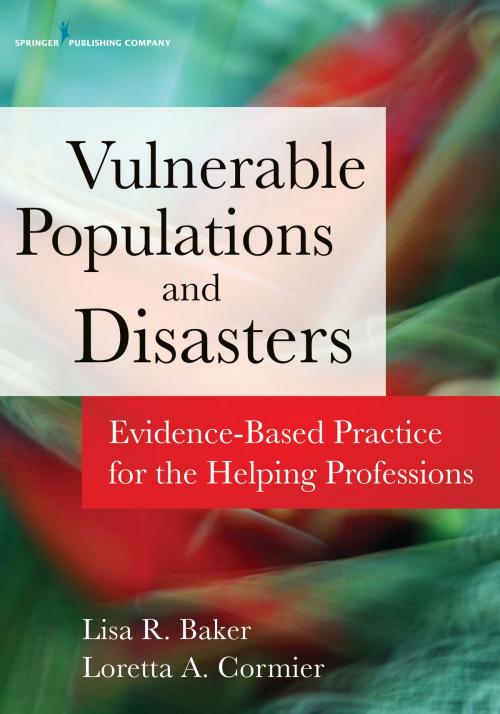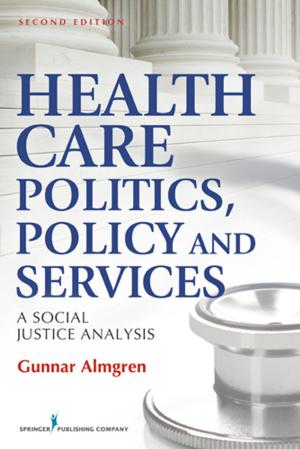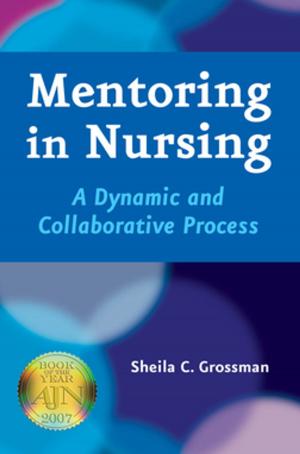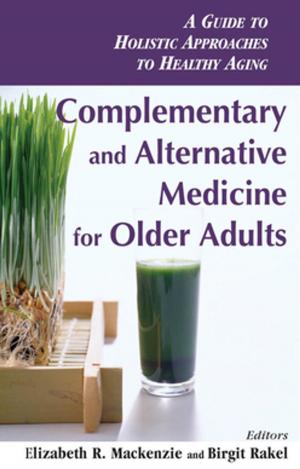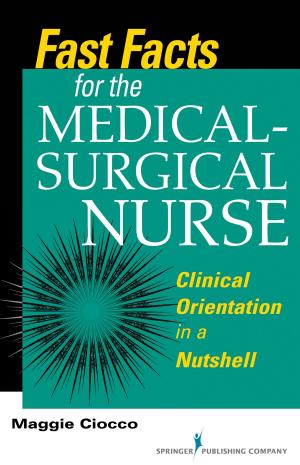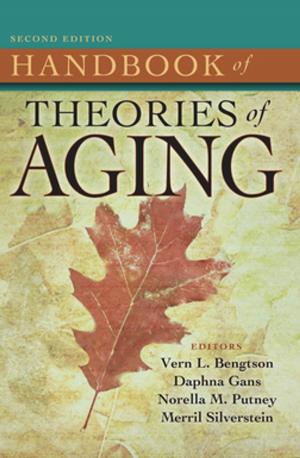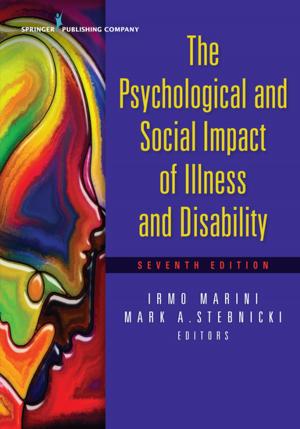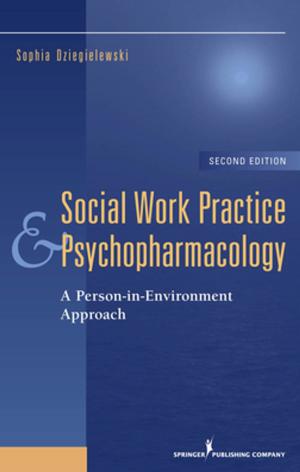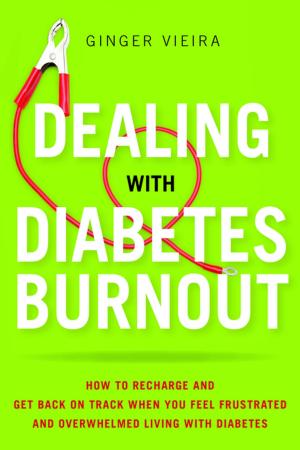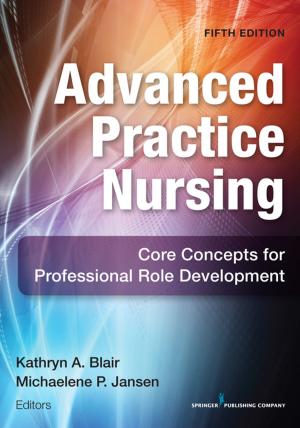Disasters and Vulnerable Populations
Evidence-Based Practice for the Helping Professions
Nonfiction, Health & Well Being, Medical, Reference, Public Health, Social & Cultural Studies, Social Science, Social Work| Author: | Lisa Baker, PhD, LCSW | ISBN: | 9780826198488 |
| Publisher: | Springer Publishing Company | Publication: | August 26, 2014 |
| Imprint: | Springer Publishing Company | Language: | English |
| Author: | Lisa Baker, PhD, LCSW |
| ISBN: | 9780826198488 |
| Publisher: | Springer Publishing Company |
| Publication: | August 26, 2014 |
| Imprint: | Springer Publishing Company |
| Language: | English |
Offers the most current, evidence-based information for helping specific populations affected by disasters
Vulnerable populations such as children, older adults, and people with disabilities are disproportionately affected by large-scale disasters. This hands-on resource for students and professionals in social work, counseling, nursing, and mental health encompasses the best and most current evidence-based interventions for effectively responding to the needs of vulnerable populations following disasters. Using an all-hazards perspective, the book also provides a dedicated section containing population-specific personal preparedness considerations and discusses the role of preparedness in mitigating negative consequences. The resource is unique in its provision of vital information for locating requisite assessment tools, preparedness checklists, and forms. It also provides a list of mobile applications offered through national organizations.
The resource addresses the specific psychosocial needs of vulnerable populations after a disaster. It delivers best practices for crisis intervention with specific populations including children, older adults, people with disabilities, people with mental health issues, and people with substance abuse issues. The authors present a theoretical foundation for understanding disasters, response systems, common guidelines for preparedness, and basic crisis theory. This is a resource that will be valuable not only to practitioners in a great variety of health disciplines, but also to volunteer professionals and paraprofessionals involved in disaster preparedness and response. Case vignettes are included in each chapter to illustrate issues particular to each population
Key Features:
- Offers the highest quality, best available evidence for choosing appropriate interventions
- Focuses on vulnerable populations including children, older adults, and people with disabilities, mental health issues and substance abuse issues
- Comprises a practical, hands-on manual for mental health and medical professionals and volunteers regarding disaster preparedness and response
- Provides assessment tools and preparedness checklists and forms
- Includes case vignettes to illustrate issues specific to each population
Offers the most current, evidence-based information for helping specific populations affected by disasters
Vulnerable populations such as children, older adults, and people with disabilities are disproportionately affected by large-scale disasters. This hands-on resource for students and professionals in social work, counseling, nursing, and mental health encompasses the best and most current evidence-based interventions for effectively responding to the needs of vulnerable populations following disasters. Using an all-hazards perspective, the book also provides a dedicated section containing population-specific personal preparedness considerations and discusses the role of preparedness in mitigating negative consequences. The resource is unique in its provision of vital information for locating requisite assessment tools, preparedness checklists, and forms. It also provides a list of mobile applications offered through national organizations.
The resource addresses the specific psychosocial needs of vulnerable populations after a disaster. It delivers best practices for crisis intervention with specific populations including children, older adults, people with disabilities, people with mental health issues, and people with substance abuse issues. The authors present a theoretical foundation for understanding disasters, response systems, common guidelines for preparedness, and basic crisis theory. This is a resource that will be valuable not only to practitioners in a great variety of health disciplines, but also to volunteer professionals and paraprofessionals involved in disaster preparedness and response. Case vignettes are included in each chapter to illustrate issues particular to each population
Key Features:
- Offers the highest quality, best available evidence for choosing appropriate interventions
- Focuses on vulnerable populations including children, older adults, and people with disabilities, mental health issues and substance abuse issues
- Comprises a practical, hands-on manual for mental health and medical professionals and volunteers regarding disaster preparedness and response
- Provides assessment tools and preparedness checklists and forms
- Includes case vignettes to illustrate issues specific to each population
